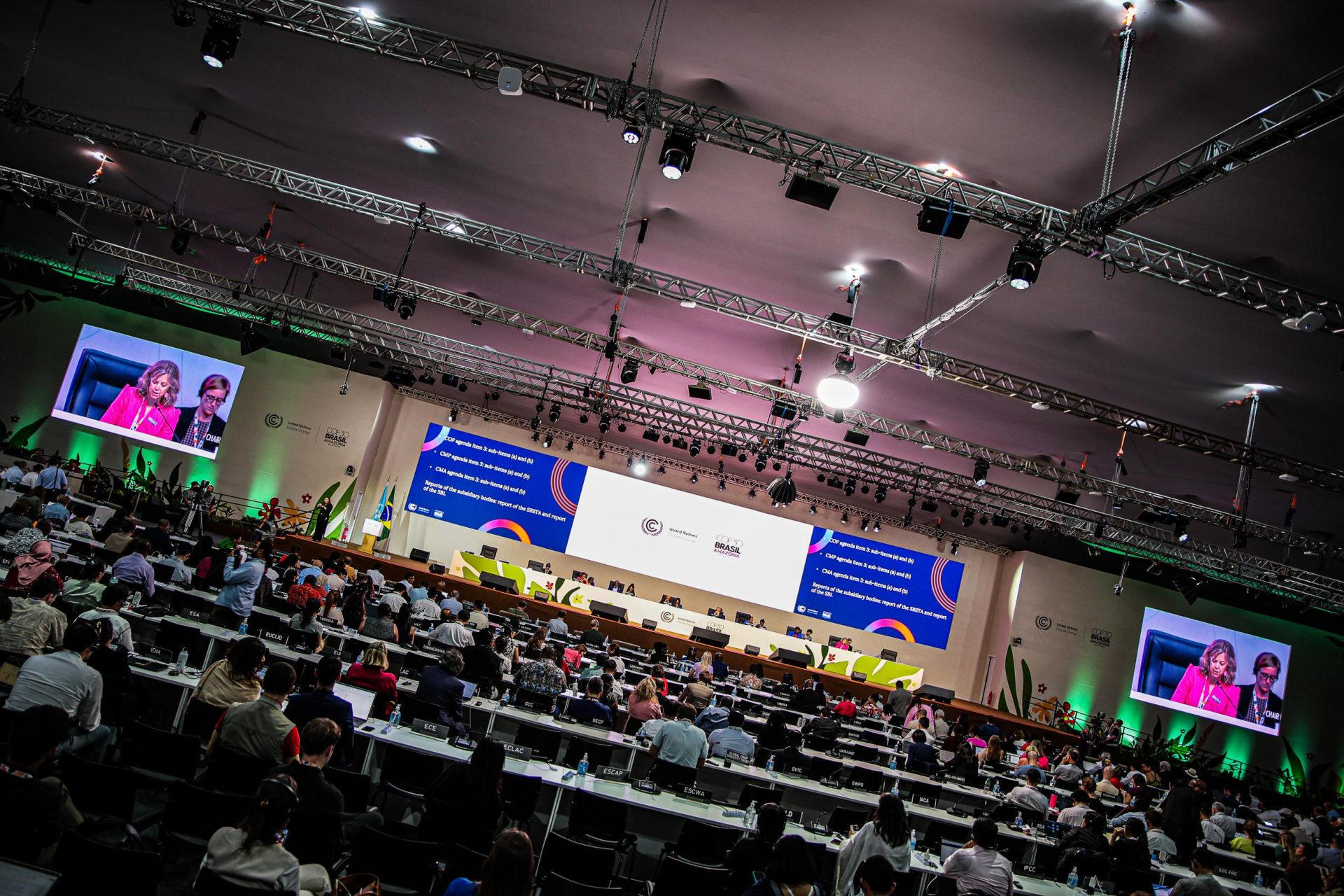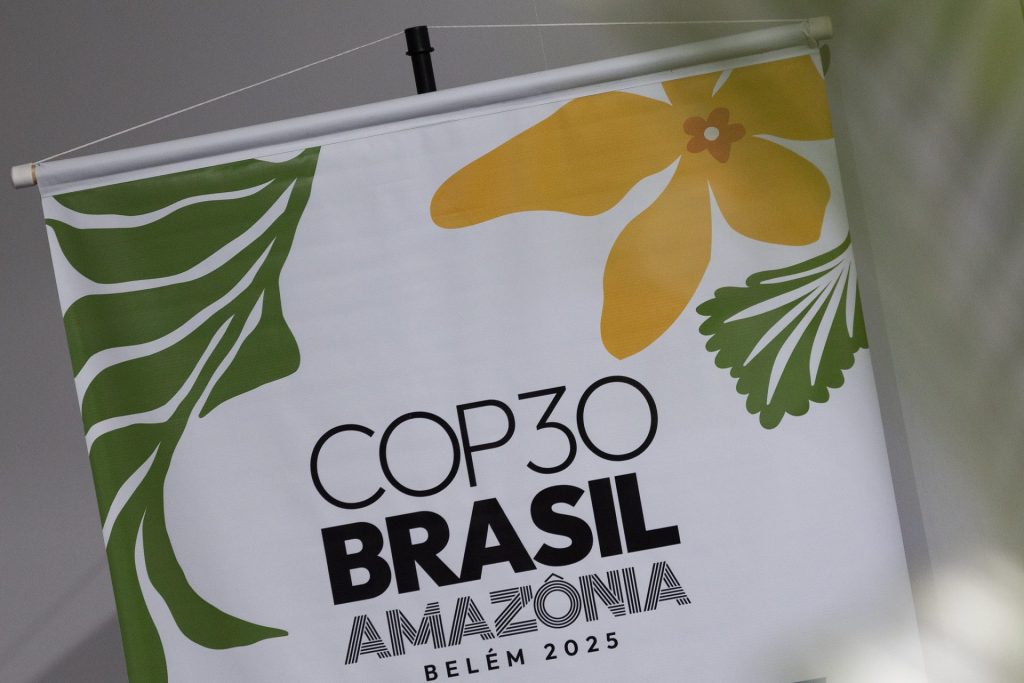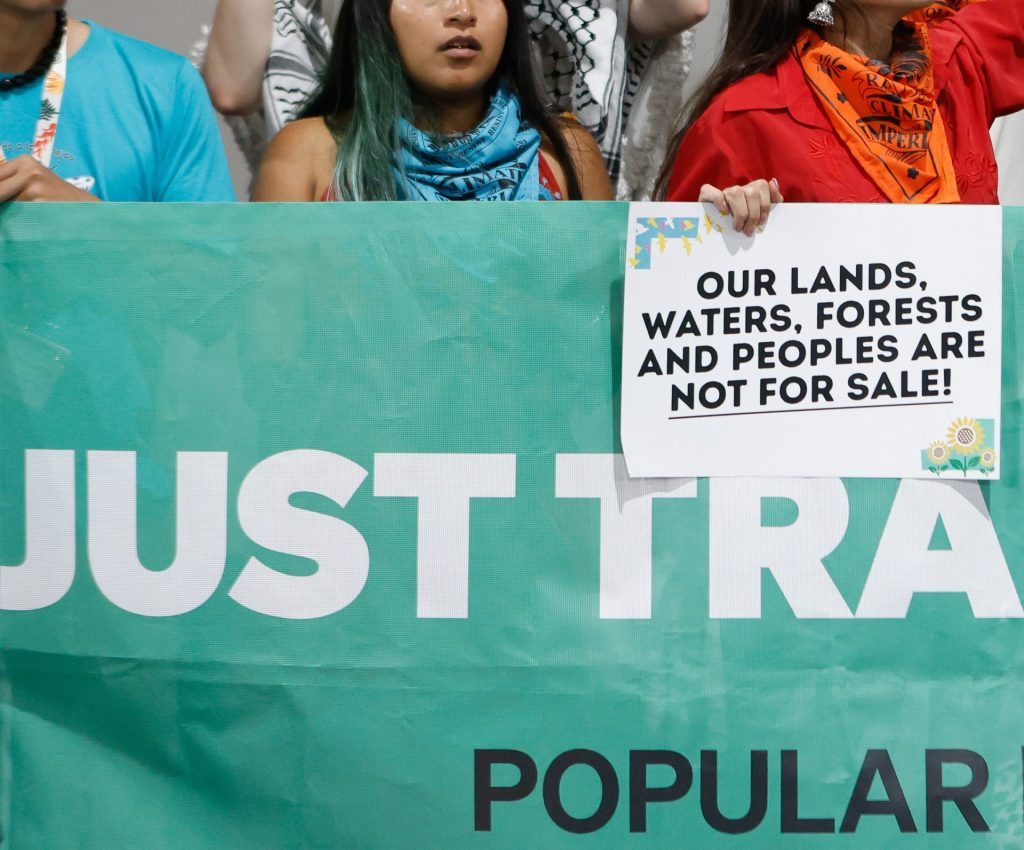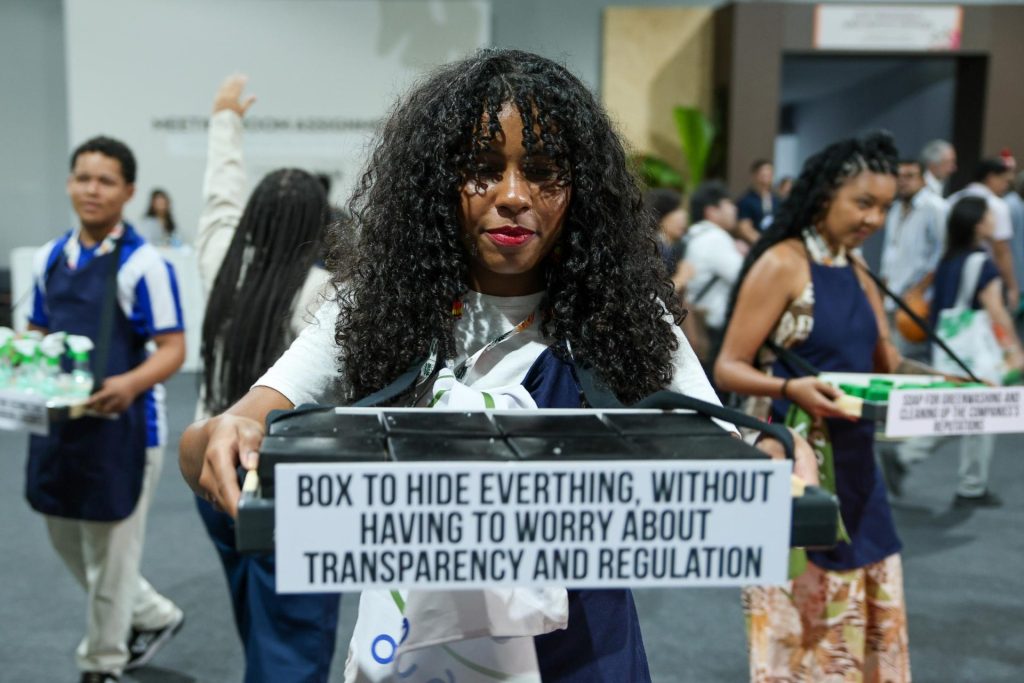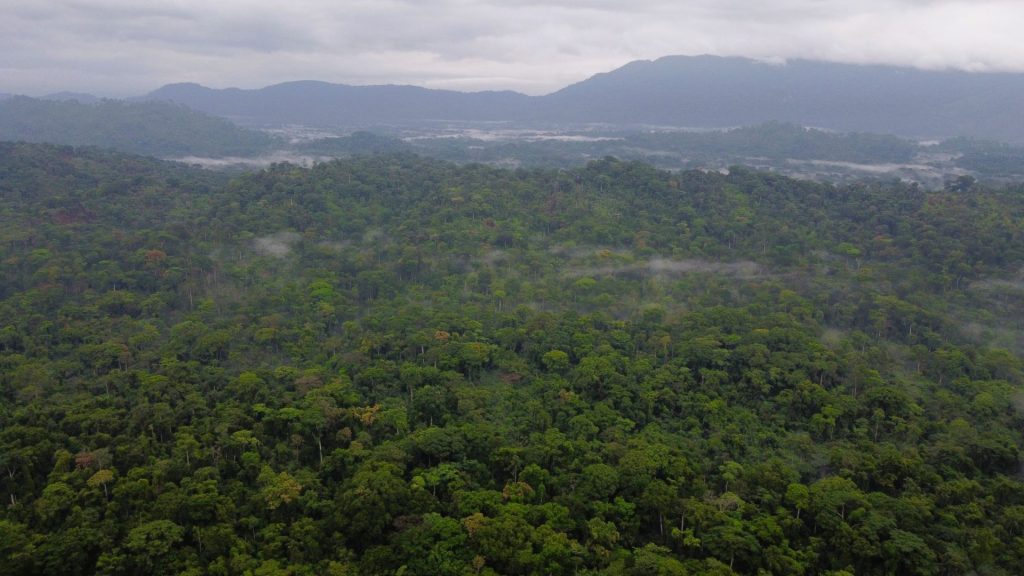Ahead of COP30 there was much anticipation, particularly by developing countries, that the indicators to track progress on the achievement of the Global Adaptation Goal would be finalised in Belém, Brazil, marking a new season for the implementation of the UAE Framework for Global Climate Resilience.
However, countries hit a snag when it came to agreeing on indicators on finance. Developing countries have been consistent in arguing that finance, capacity building and technology transfer are crucial to implementing the global goals, and hence should be monitored. And it was with some relief earlier this year that in principle agreement was reached that finance would be included in the indicators. But how they have been included is being hotly debated.
It was initially hoped that the indicators would lend some transparency and in turn accountability to the flow of adaptation finance to developing countries. However, the African Group of Negotiators (AGN), supported by groups representing Latin America and the LMDC Group, have lamented the inclusion of indicators that seem to do the opposite and instead track domestic budget allocation for adaptation actions. These types of indicators, they believe, shift the burden of the provision of adaptation finance to developing countries. The EU and Japan, however, have argued that finance and other support should be addressed holistically with other enablers and, prefer to include them, arguing that all forms of finance must be recognised.
Commenting on discussions, AGN Lead Coordinator on the GGA, Kulthoum Omari Motsumi, reflected that in their current state, the indicators are not fit for purpose and are contrary to the principles and provisions of the UNFCCC and Paris Agreement. She argued that draft indicators that shift the burden of finance to developing countries, that are highly prescriptive and infringe on the national sovereignty of African countries, and which imply policy change at the national level, do not have any place in a list that the group could take forward. “We think that those types of indicators need to be agreed to first or removed entirely. We need indicators align with our national policies as well as the Agreements and Conventions.”
Sentiment about who should pay for adaptation finance has dogged the negotiations during the last week across multiple tracks. Yesterday, the Environmental Integrity Group, opposed any suggestion that adaptation finance should be tripled, and also rejected a proposal to have a burden sharing agreement on finance, arguing they were an attempt to renegotiate the new climate finance target (NCQG) that was agreed to at the COP last year. The EU echoed this complaining that “every reference” to accelerating ambition was being lumped with references to the need for finance and support.
The continuous reference to the finance obligations of developed countries, across the GGA negotiations, mitigation and just transition however should be unsurprising. The NCQG for developed countries to provide US$300 billion target, falls far short of the trillions that are needed. Worryingly, the latest Adaptation Gap Report by UNEP stresses that only US$26 billion in international public adaptation finance was provided by developed countries in 2023, and that the Glasgow Pact to double adaptation finance to US$40 billion by 2025 will likely be missed. It also highlighted that the adaptation finance gap is now US$284- 339 billion per year with needs that are 12-14 times much as current finance flows. Not only did it conclude that last year’s NCQG fell woefully short in addressing these needs, it also questioned attempts to point to other sources of finance to fill the gap. The report raises questions about the usefulness of so called innovative forms of adaptation finance and concludes while private finance could fill some of the gap (something many developed countries have been hoping for), its contribution will be modest, somewhere between 15 -20%. It underscores that the only real way to address the finance gap, in the absence of more public funds, was to reduce costs through mitigation.
Given the history of these discussions and the latest findings, it is not unsurprising that African negotiators are baulking at the suggestion that they should take measures to track how much they spend on adaptation and take domestic measures that could better support the flow of private sector finance. This ties to the urgent need for a deeper discussion on the obligation of developed countries to provide finance, including the duties in Article 9(1) and 7(13) of the Paris Agreement, a topic that countries have not been able to agree on either during this last week.

